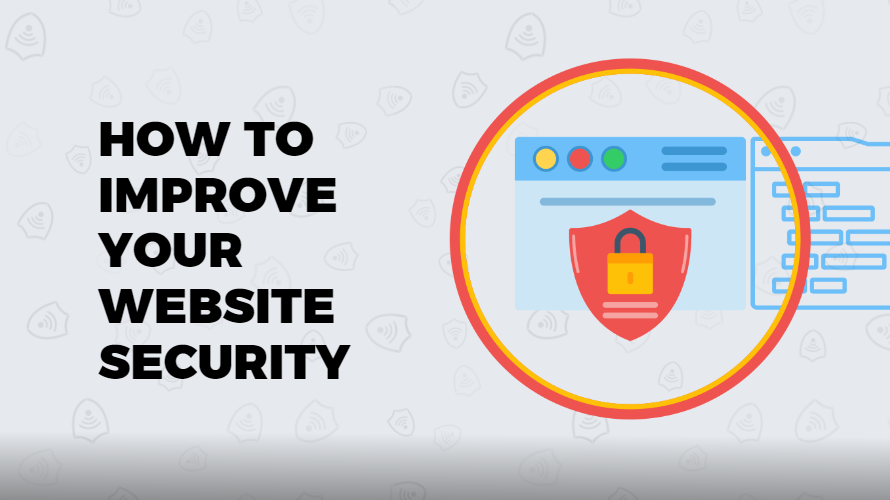Websites are essential tools for businesses and individuals alike. Unfortunately, it can be difficult to ensure that a website is secure from hackers. Website security is an important concern in today’s world and understanding the guidelines and features necessary for a secure website is key.
In this article, we’ll discuss the basics of website security, including how to secure a website from hackers, what website security guidelines you should follow, and what website security features are available. By arming yourself with this knowledge, you can ensure that your website is as secure as possible.
Table of Contents
- Tips to improve your website security
- Why do you need to take security measures for your website?
- Protect your reputation
- Avoid legal action
- Prevent data loss
- Ensure compliance with regulations
- Increase website performance
- Conclusion
Tips to Improve Your Website Security
Website security is one of the main aspects to keep running your website. Here are some of the tips you can use for your website to make it secure.
- Use Strong Passwords and Two-Factor Authentication: Using strong passwords and two-factor authentication can help protect your website from unauthorized access.
- Enable Secure HTTPS Connections: Make sure all connections to your website are secured with HTTPS protocol, which encrypts data sent over the internet.
- Regularly Patch and Update Software: Keeping your server software up to date will help prevent hackers from exploiting known vulnerabilities in outdated versions of software.
- Monitor Suspicious Activity on Your Website: Set up tools to monitor for any suspicious activity on your websites, such as login attempts or changes in files or databases.
- Implement a Web Application Firewall (WAF): A web application firewall is an effective tool that helps detect and block malicious traffic before it reaches your website.
- Restrict Access to Sensitive Areas: Create user accounts with permissions that are only relevant to their role, so they can’t access parts of the website they don’t need to access.
Why Do You Need to Take Security Measures for Your Website?
As we have discussed some of the tested tips for your website security. Now is the time to discuss why you need to take security measures for your website. Read them one by one.
1. Protect Your Reputation
Poor website security can quickly damage your brand and reputation, causing customers to lose trust in your business.
2. Avoid Legal Action
Failing to secure your website could result in legal action if any data is breached or stolen from customers.
3. Prevent Data Loss
It’s important to secure your website from hackers who could steal customer data such as credit card information or passwords.
4. Ensure Compliance with Regulations
Many industries are subject to strict regulations regarding the protection of customer data, and failure to comply can result in hefty fines or other penalties.
5. Increase Website Performance
Security measures like encryption help speed up page loading times which can improve the overall user experience on your website.
Conclusion
It is important to ensure that your website is secure and that it is protected from malicious attacks. You can achieve this by implementing various security measures such as SSL encryption, authentication systems, malware scanning, firewalls, and other security measures.
Having a secure website will help to ensure the safety of your visitors and protect their data from unauthorized access.
Click for more Web Hosting Blogs.










Add comment